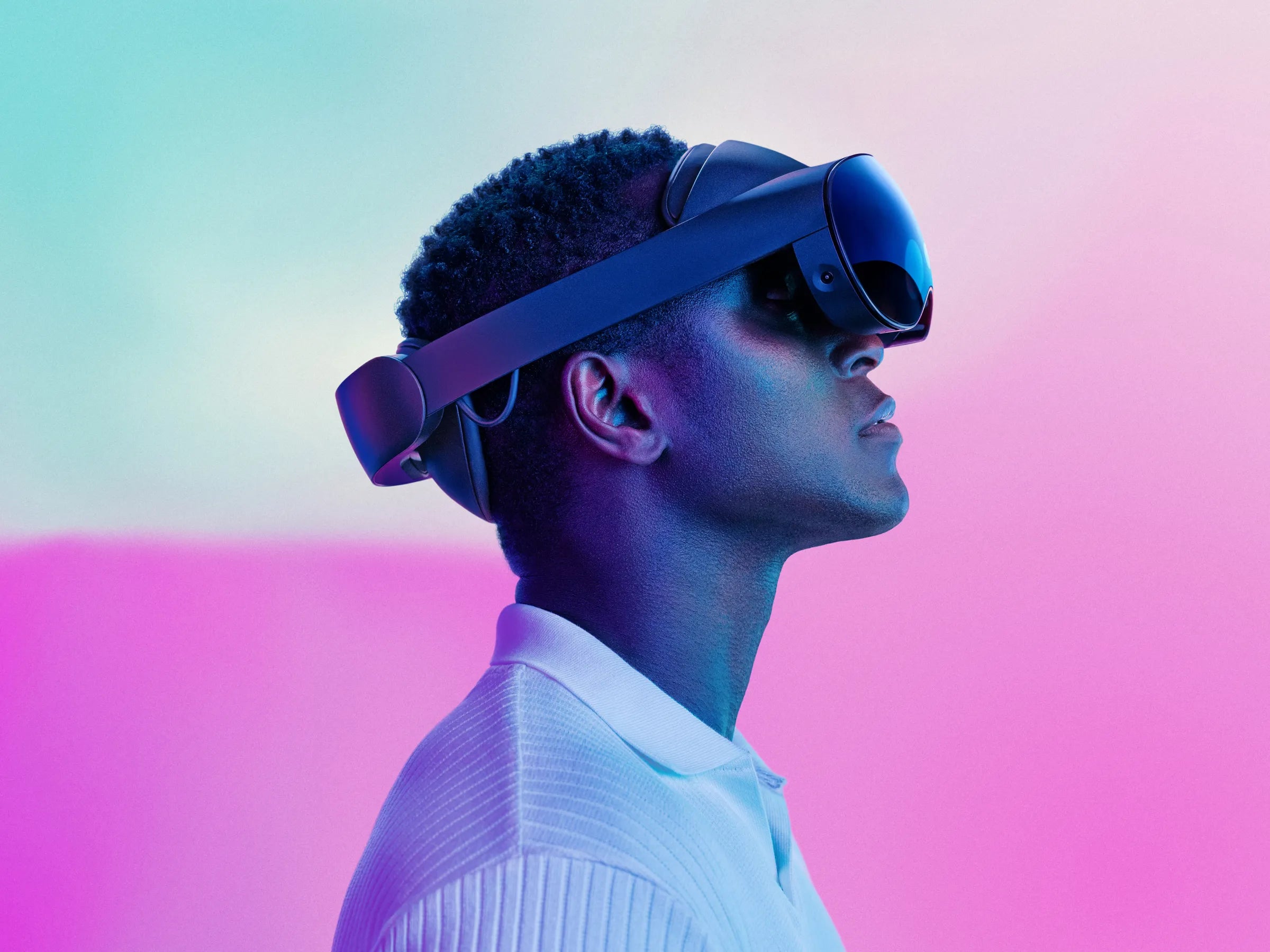
Is Meta Betting it All on XR?
Meta embraced VR even before it renamed itself after the Metaverse. The social media giant acquired Oculus in 2014 and has since leaned further into simulated worlds and the hardware that supports them. Now, they’re doubling down on that movement, outlining massive VR and AR plans (collectively, XR) for the next few years.
In a company presentation shared with The Verge, Reality Labs — Meta’s VR and AR research unit — announced its roadmap for the coming three to four years. These plans highlight continued investment in virtual and augmented reality hardware, including some novel wearable gadgets. Here’s the lay of the land so far.
VR Headsets
One of the highlights of Meta’s VR plans is the release of a couple of new Quest headsets. First is Quest 3 — the follow-up to Quest 2, one of the greatest VR devices for gaming today.
Meta confirmed Quest 3 will be slightly more expensive than its predecessor, though it will still fall below Quest Pro’s premium price tag. That cost increase will come with an impressive performance boost, too. According to the presentation, the new headset will be twice as powerful as the older model and two times thinner.
The company also announced another upcoming headset, codenamed Ventura. Ventura should ship in 2024 and aims to provide as much functionality and power as possible for an accessible price point. Another, more advanced headset codenamed La Jolla will follow. Details on La Jolla are scarce right now, but Meta plans to make it a higher-resolution, more comfortable, and possibly business-grade headset.
AR Glasses
Meta also announced plans to release a slew of new augmented reality devices. The first is the second generation version of its partnership with Ray-Ban parent company Luxottica. These will likely have extra features but won’t be a massive departure and will release in fall 2023.
A third generation of smart glasses will launch in 2025. These will feature a viewfinder that can scan QR codes, display incoming messages and translate text in real-time. By 2027, Meta hopes to release an AR headset that doesn’t require any connected devices to operate, letting it effectively be a wearable smartphone replacement.
The first generation of Meta-Luxottica AR glasses did not perform well, but Meta hopes these following models will change things. Diversifying their offerings with AR technology could help appeal to more markets and use cases. Considering how artificial light can disrupt bodily functions on a cellular level, having displays over a view of the natural world instead of total immersion in a digital environment could have health benefits.
AR Peripherals
On top of these AR devices, Meta plans to release accompanying wearables to expand their functionality. When the third-generation smart glasses release, Meta will launch a “neural interface” wristband to go with them. This band will let you control the headset with hand motions, eventually typing on a virtual keyboard.
Meta’s also working on a smartwatch to serve as an alternative to the neural interface. The watch will let you control the glasses like the wristband, but with the added smartwatch functionality many users may expect. If you’ve been following the company, you’ll know it canceled plans for a smartwatch not long ago, but this announcement suggests it hasn’t given up on the technology entirely.
Potential Obstacles to Meta’s VR Plans
Meta’s upcoming VR and AR plans are impressive, but the company has several obstacles to overcome. Most notably, its simulated reality technology has underperformed expectations in the past.
Reality Labs lost $13.7 billion in 2022, following a $10.2 billion loss the year prior. The larger and more varied slate of upcoming products could help finally make the department profitable, but as the company sinks more money into it, that becomes increasingly challenging.
In a 2022 report, only 8% of people without VR headsets said they would buy one soon. More than half of them cited high costs as the biggest reason why, which could be an issue, given Meta’s announcement that the Quest 3 will be more expensive than its predecessor.
Still, VR adoption is growing and Meta already leads the market, thanks to Quest 2. If its upcoming releases pack enough features, they could help turn the tide.
Despite Headwinds, Meta Is Betting it All on VR
Meta has its hands full with VR and AR obstacles. Despite these challenges, the company is investing more in these technologies, with some lofty goals and a full release schedule ahead of it. Whether these devices can surge adoption rates remains uncertain, but Meta seems all in on the technology’s future.
Credit: https://arinsider.co/2023/03/09/is-meta-betting-it-all-on-xr/

